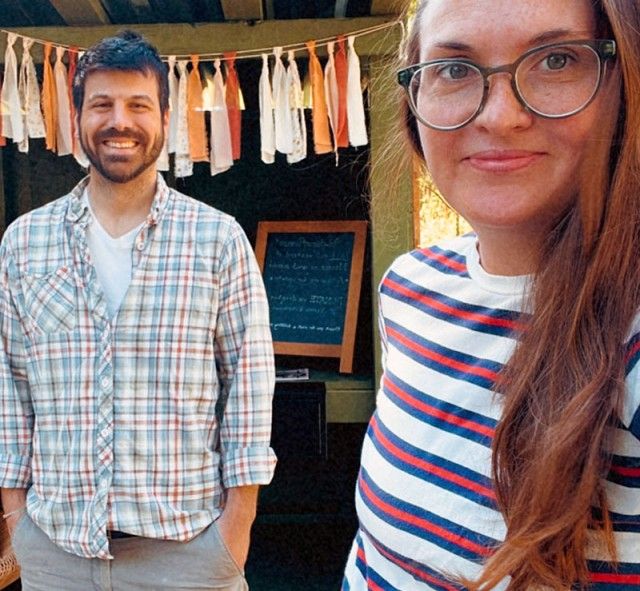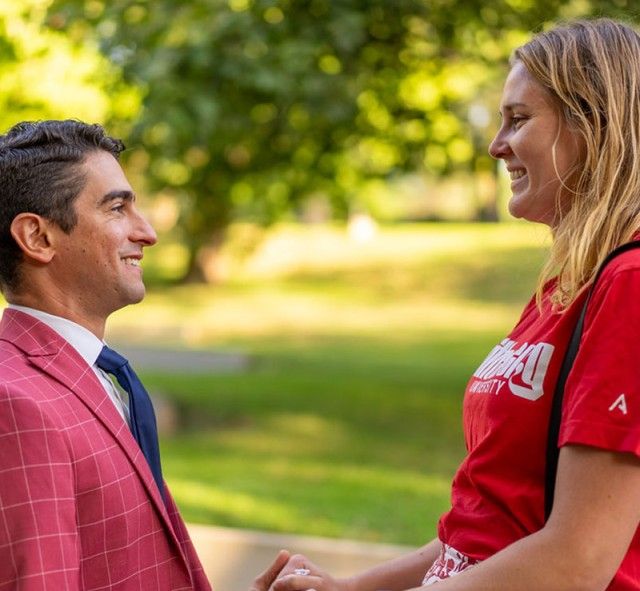The traditional prayer is 'Lord, make us mindful of the needs of others.' While helping the Evangelical Lutheran Church in America navigate a sea change in its teachings about sexuality, Roger Willer coined a corollary: 'Lord, make us needful of the minds of others.'
It's no coincidence that this call for community in the crucible of controversy comes from a deep-thinking pastor's kid who, even as an undergraduate, cobbled together courses in religion, psychology and sociology to create a major focused on the ultimate goal of the humanities: What it means to be a human being.
Willer went on to the Lutheran School of Theology at Chicago; served inner-city and suburban congregations in Cleveland; and earned a Ph.D. at the University of Chicago that brought him to the intersection of theology, science and ethics.
In part-time work for the ELCA on issues involving genetics, he demonstrated an ability to convene people with widely different perspectives, honor each, and help them search for a good-faith consensus. As full-time director for theological ethics in the Office of the Presiding Bishop, he has continued to do the same.
A recent examination of our criminal justice system's mass incarcerations particularly of minorities brought together Biblical scholars and theologians; police and public defenders; judges and prosecutors; experts on mass incarceration and restorative justice; perpetrators and victims; and relatives of both murderers and the murdered.
Willer contends that "listening and engaging (one another) at the deepest level is the best way to get past our built up snap-judgments on complex moral issues -- that coming together face-to-face in good faith helps us go beyond our need for self-justification to a wider view. "
For him, it's a natural step to the Lutheran emphasis of justification. Justified by God's grace received in faith, he said, we are freed to see beyond our conflicts with one another to our common bond in Him and, in that spirit, seek what's best for our community.
It's the kind of observation one might expect from a deep-thinking pastor's kid who, even as an undergraduate at Wittenberg, focused on what it means to be a human being.







